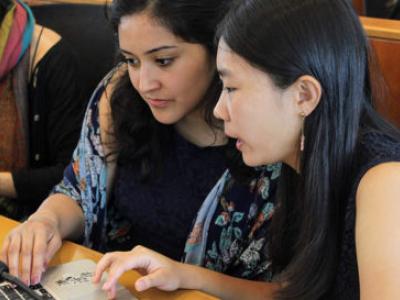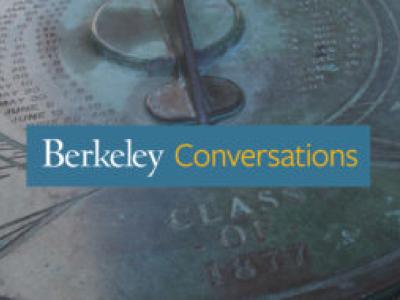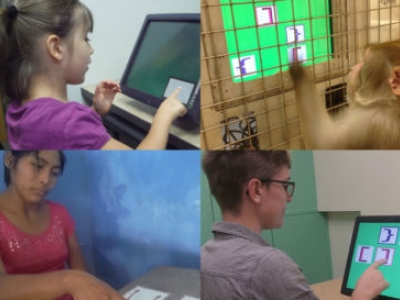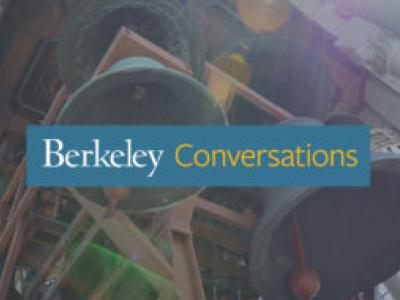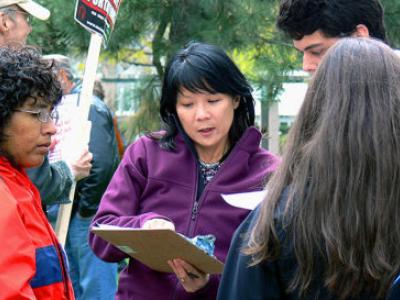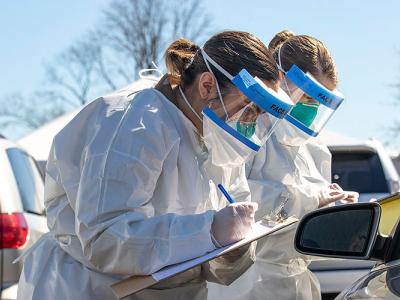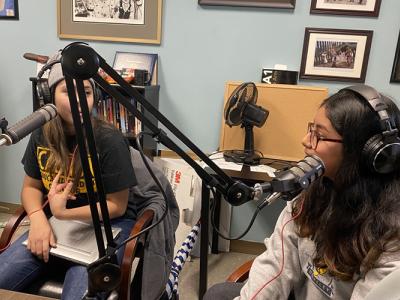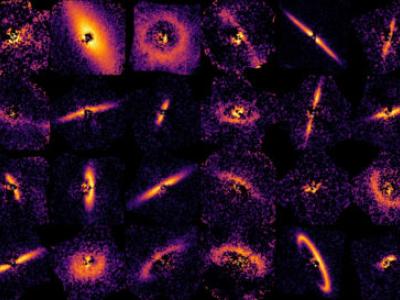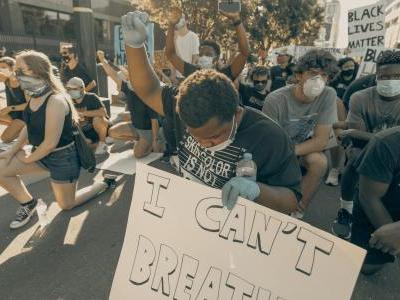Stefano M. Bertozzi, UC Berkeley School of Public Health Dean Emeritus and professor of Health Policy and Management, has just been named editor-in-chief of a new peer-reviewed journal focused on COVID-19 research published by MIT Press.
Research News
Learn more about UC Berkeley's researchers and innovators.
Showing 1249 - 1264 of 3459 Results
On a spring morning in 1955, a pair of press officers greeted a mob of reporters in a stately hall on the University of Michigan campus. The officers had hot news: A clinical trial of the long-awaited polio vaccine had proved it to be safe and effective. The reporters nearly rioted in their scramble to spread the word. Once they did, church bells rang, and people ran into the streets to cheer.
Five hundred videos in 10 days. That’s the job 10 students and alumni at UC Berkeley’s Human Rights Investigations Lab and students at Cambridge University recently tackled with researchers from Amnesty International’s Citizen Evidence Lab to map police violence across the U.S. in the wake of the May 25 killing of George Floyd in police custody. Together, they searched for, examined and verified digital content shot by citizens and posted on social media.
As the country moves toward reopening — and with it some sense of “normalcy” — UC Berkeley researchers said simply returning to normal isn’t enough. Rather, they said, dismantling structural racism must be part of any reopening strategy.
Humans and monkeys may not speak the same lingo, but our ways of thinking are a lot more similar than previously thought, according to new research from UC Berkeley, Harvard University and Carnegie Mellon University.
In this talk, speaker Camara Jones defines racism as a two-sided open/closed sign — while those on the open side might not recognize the other side says “closed,” those on the outside are well-aware, she says.
At a time when the pandemic is being politicized, a panel of UC Berkeley scholars called on Friday for bridging among different social and racial groups to help recognize their common interests and to emerge from COVID-19 more unified.
The nation is locked in a state of polarization unprecedented in the past half-century, with deep, volatile divisions around issues of politics, race, religion and the environment. These issues can split families, break friendships and create enormous stress in communities — and yet, having a constructive discussion about the disagreements often seems impossible.
Berkeley Public Health is committed to research that reveals how racism drives systemic inequities within the health sciences.
Six UC Berkeley-led projects have won funding from the recently launched C3.ai Digital Transformation Institute to harness the power of artificial intelligence (AI) to combat the spread of COVID-19 and other emerging diseases.
The COVID-19 pandemic has cost California’s public and private insurers an estimated $2.4 billion dollars in testing and treatment — about six times the annual cost to treat seasonal influenza in the state, according to a new study by researchers at the Nicholas C. Petris Center at the University of California, Berkeley, School of Public Health.
Traditional lenses — like the ones found in eyeglasses — are bulky, heavy and only focus light across a limited number of wavelengths. A new, ultrathin metalens developed by researchers at the University of California, Berkeley, uses an array of tiny, connected waveguides that resembles a fishnet to focus light at wavelengths spanning from the visible to the infrared with record-breaking efficiencies.
If necessity is the mother of invention, more than a few winners of the campus’s first-ever Berkeley Changemaker Technology Innovation Grants found inspiration in the teaching and learning challenges posed by the COVID-19 pandemic. Other initiatives address the timely topics of racial justice and equality.
Astronomers this month released the largest collection of sharp, detailed images of debris disks around young stars, showcasing the great variety of shapes and sizes of stellar systems during their prime planet-forming years. Surprisingly, nearly all showed evidence of planets.
Current efforts to track the spread of COVID-19 have largely relied on individual testing and hospital admission numbers. However, these data do not detect trends in the virus’s spread in the greater population, including those who are asymptomatic.
Race- and ethnicity-based inequities in health outcomes for Americans are not news to public health specialists. Here at the UC Berkeley School of Public Health, our faculty, researchers, and students have been working to illuminate the many ways in which racism affects who gets healthcare, how that healthcare is delivered, and possible solutions to entrenched problems like police brutality.



